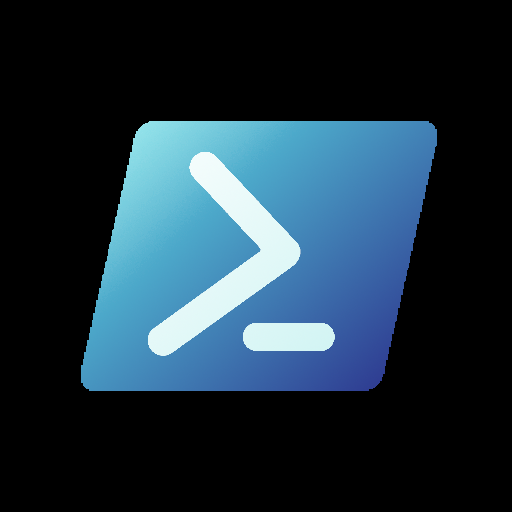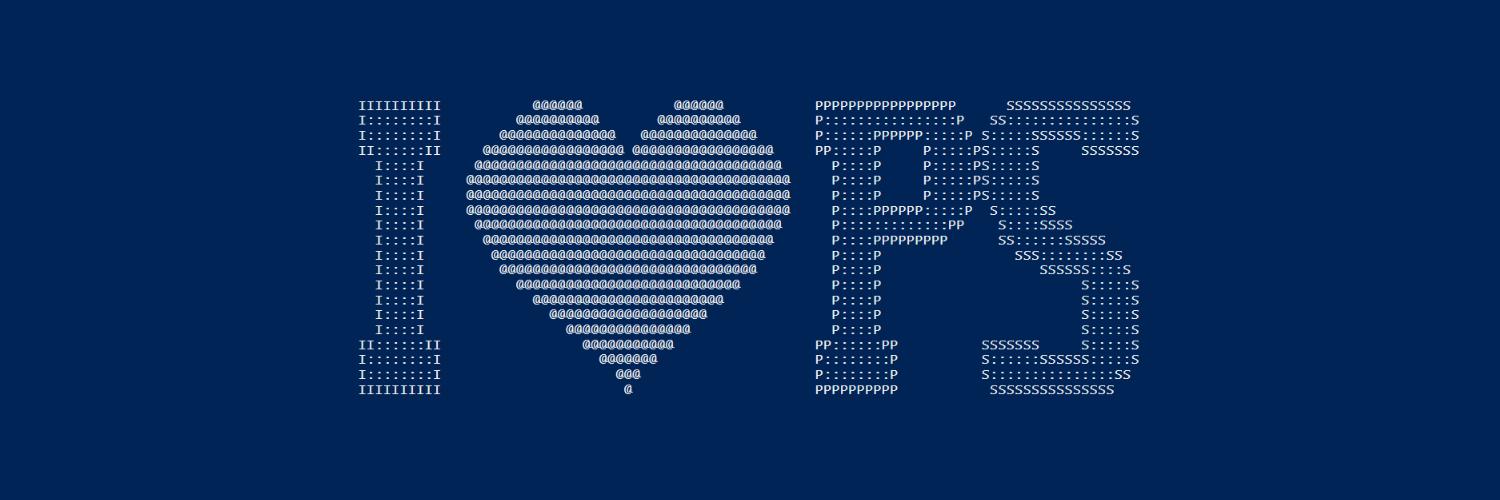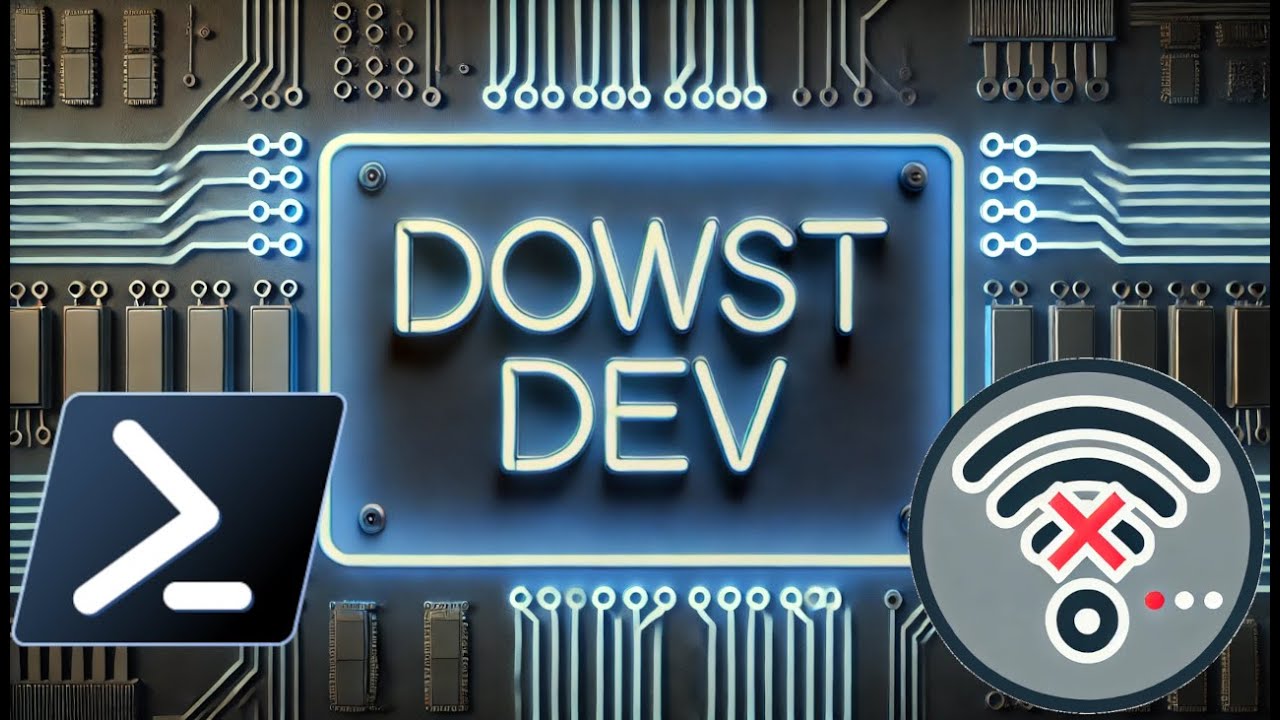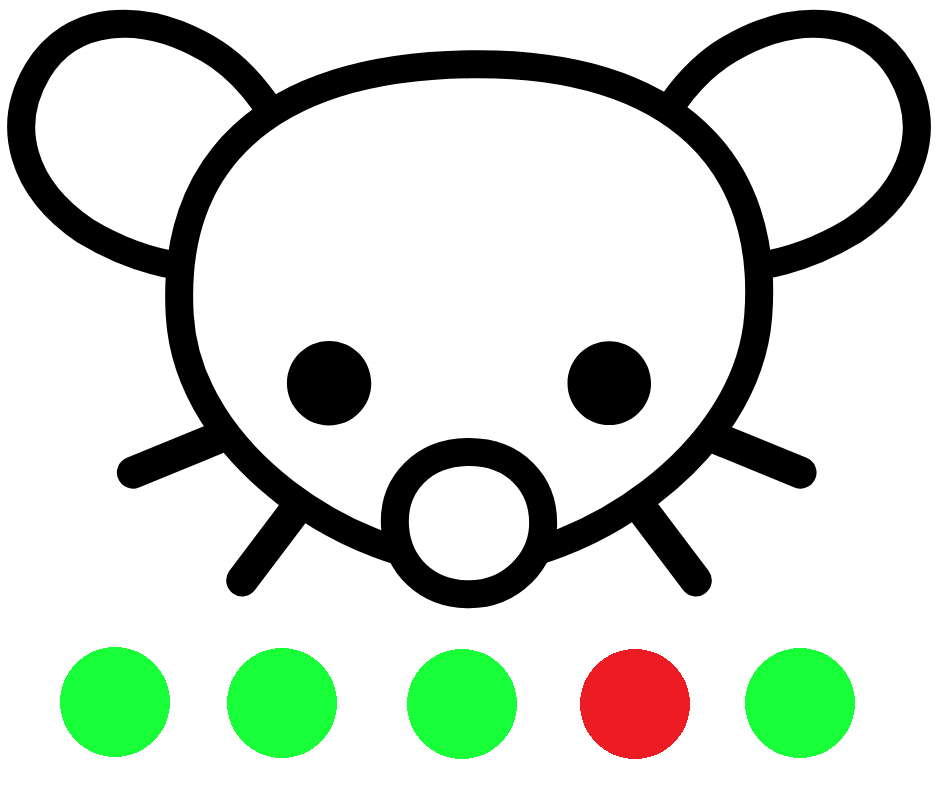pwshguy (mdowst)
Father, author, blogger, enthusiast of all things PowerShell and automation. http://linktr.ee/mdowst
- 52 Posts
- 26 Comments

 2·12 days ago
2·12 days agoCommunity
- PipeScript, Formatting, and Docker: An In-Depth Conversation with James Brundage
In this episode of the PowerShell Podcast, we are joined by Microsoft MVP, former PowerShell team member, and module maker extraordinaire James Brundage. We hear about his experience at Microsoft Build, learn all docker and kubernetes while discussing his Rocker module, UserGroup updates, implicit interpretation in Pipescript, formatting and types, and so much more. Strap in because we go deep in this one. - Breaking Down ModuleFast and More with Justin Grote
In this episode of the PowerShell Podcast, host Andrew Pla interviews Microsoft MVP and PowerShell aficionado Justin Grote. They delve into an issue in the Az.Accounts 3.0.0 module, with Justin offering insights and a workaround (use an earlier version of the module). Justin also discusses his innovative ModuleFast project, explaining its architecture and his approach to writing PowerShell scripts and modules. The conversation highlights Justin’s passion for APIs and celebrates his contributions as an official PowerShell project contributor. Listeners get a glimpse into Justin’s workflow working at a Managed Service Provider (MSP) and how he writes to much PowerShell. He offers valuable advice for those early in their careers. Additionally, Justin shares updates on his PowerHTML (1.2m downloads) project, which originated from a GitHub pull request, showcasing his continuous contributions to the PowerShell community. - PowerShell Community Call - May 16th, 2024
Last month’s community call with the PowerShell team.
- PipeScript, Formatting, and Docker: An In-Depth Conversation with James Brundage

 2·12 days ago
2·12 days agoBooks, Media, and Learning Resources
- PowerShell Scripting and Toolmaking
At long last I’ve updated the content of the PowerShell Scripting and Toolmaking book from Leanpub. Get the book and you get future updates for free. - Mastering PowerShell Scripting - Fifth Edition
Automate repetitive tasks and simplify complex administrative tasks using PowerShell - Send Emails with SendGrid and PowerShell [OC]
Learn how you can quickly and easily send emails from PowerShell with SendGrid. - Customize your Windows Sandbox with PowerShell
Today we’re going to go a bit deeper into Windows Sandbox by walking through custom configurations with PowerShell. - Automate Network Security Testing using PSTcpIp with Anthony Guimelli
Join Tony Guimelli for look at how you can automate the arduous process of network security testing using PowerShell and the PSTcpIp module.
- PowerShell Scripting and Toolmaking

 2·12 days ago
2·12 days agoProjects, Scripts, and Modules
- passwordstate-management v 4.4.49
Powershell Module for managing Password State - PowerQualys v 0.3.0
Helper module for Qualys - WinTuner v 0.8.9
Package and publish any apps from WinGet to Intune. - Interpreting Audit Records for Teams Meeting Recordings (Again)
Three years ago, I wrote a script to analyze the audit records generated for Teams meeting recordings. Then things changed in terms of how the audit records were generated and how the Search-UnifiedAuditLog cmdlet returns audit search results. All of which meant that considerable work was needed to revamp (rewrite) the script. Maybe you need to check any script that uses the Search-UnifiedAuditLog cmdlet too? - tiPS v 1.3.10
PowerShell tips delivered straight to your terminal.
- passwordstate-management v 4.4.49

 1·1 month ago
1·1 month agoThanks! I’m glad to hear you are finding it useful.

 2·2 months ago
2·2 months agoThanks! I’m glad to hear others are finding it useful.

 1·2 months ago
1·2 months agoIf I understand correctly, the signatures generated by PuTTY aren’t perfectly random, so if someone got a hold of a bunch of keys from a server, they could figure out the pattern. It takes about 60 keys. This affects not just PuTTY, but also FileZilla, WinSCP, TortoiseGit, and TortoiseSVN.
In other words if you have NIST P-521 keys, or any others using 521-bit ECDSA, you should revoke them and generate new key pairs. After you update your software.

 4·6 months ago
4·6 months agoI installed some security cameras around my house and set up Shinobi using an old PC. Unfortunately the PC is too old to use the built-in detectors in Shinobi. So, I took my first dive into playing around with some image detectors.
I wrote some python to download the daily recording from old PC to a newer one with a 3080 GPU. Then checks the videos for people. It will then trim the videos to only include times were there are people in frame. It cut my the storage requirements by over 95%.

 1·9 months ago
1·9 months agoJoel “Jaykul” Bennet is an opinionated DevOps engineer, programmer, speaker, and Microsoft MVP.
I love that description. I can’t wait to listen to it tonight!

 2·10 months ago
2·10 months agoJust a heads up, I received confirmation from the product team that the AZUREPS_HOST_ENVIRONMENT environment variable is going away. They are moving the backend to containers. Also, the COMPUTERNAME one that was always “client” is going to change too. The COMPUTERNAME will now be “Sandbox-###” with # being random numbers. I started using the code block below in my runbooks to find if they are running in Azure or hybrid worker/locally. It accounts for the current and the updates that will be rolling out in the near future.
$isHybridWorker = $true if (($env:computername) -eq "CLIENT") { $isHybridWorker = $false } elseif ($env:USERNAME -eq 'ContainerAdministrator') { $isHybridWorker = $false } ``

 2·10 months ago
2·10 months agoTypically, when I have a script I need to test locally, I’ll comment out the identity connection command and just authenticate outside of my script. If I’m feeling real fancy, I’ll write a try/catch to attempt to authenticate first as the managed identity then if it fails prompt me for credentials. Not the most elegant solution, but it works.
try { Add-AzAccount -Identity -SubscriptionId $SubscriptionId -ErrorAction Stop | Out-Null } catch { Add-AzAccount -SubscriptionId $SubscriptionId }

 4·10 months ago
4·10 months agoFor some reason their API would not return anything for assembly. I was curious to see where it would rank too,

 7·10 months ago
7·10 months agoApparently it due to an issue with Kotlin - https://github.com/code-golf/code-golf/issues/151#issuecomment-1126266250
Biggest things I’m seeing is CVE-2023-21709 for Exchange requires a PowerShell script to be run after patching. Also, CVE-2023-29328/29330 for Teams affect all devices (Windows, Mac, iOS, and Android).

 2·11 months ago
2·11 months agoI love WinGet but I just wish there was support for Windows Server, without having to do a bunch of hacks

 2·11 months ago
2·11 months agoEdited to Add: I noticed this community is Powershell, here the powershell version of above:
Nice! You are a person of many talents

 4·11 months ago
4·11 months agoDocumentation is top notch too.
Nothing will make me love a solution more than it being well documented. Sounds simple, but saves so much time.

 3·11 months ago
3·11 months agoThe book I wrote. When I first talked with the publisher he asked, “what skills would you look for in someone who wants to do your job?” And that’s the premise I stuck with writing it.

 2·11 months ago
2·11 months agoVery close to VB. Glad I noticed it didn’t have
End IfandEnd Functionbefore I guessed.

 11·11 months ago
11·11 months agoI feel down a rabbit hole, a few years ago wonder the same thing about C#. Here is what I found.
- C# was developed in 2000 as a successor to C++. Doubling the ++ to a #.
- C++ was developed in the early 80s as a successor to C. Adding plus (+) to a name was a common way of indicating it was an enhancement. Also ++ is the incrementing operator for C.
- C was developed in the early 70s as a successor to the B programming language. C comes after B.
- B was developed in 1969 and was derived from the BCPL language. Basically, B was a stripped down version of BCPL.
- BCPL (Basic Combined Programming Language) was developed in 1967 and was a designed as an simpler version of CPL.
- CPL (Combined Programming Language) was developed in the early 60s at Cambridge. The original name was “Cambridge Programming Language” but was changed to Combined when it was published jointly with the University of London.



Thanks! I’d love to hear your thoughts once you’ve watched it.